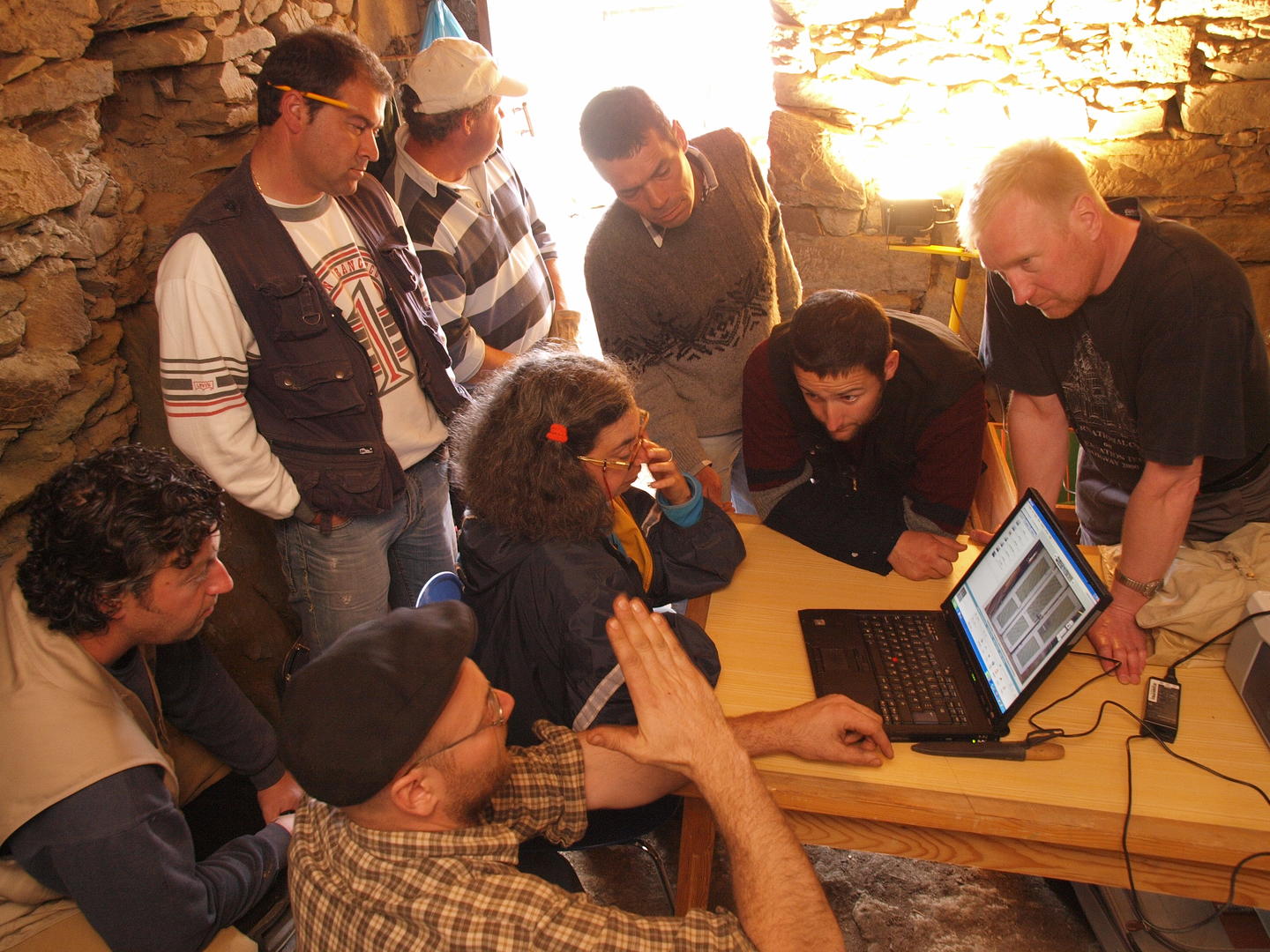International collaboration provides impetus to growth and development, and strong social and economic bilateral ties may lower thresholds for reaching agreements on how to deal with common challenges. A central goal of the EEA and Norway Grants is to bring together actors from the beneficiary states and the donor states through partnership projects. It is therefore encouraging to see that more than 300 of the 1250 approved projects are carried out in collaboration between entities in the donor states and the beneficiary states.
Across Europe, networks have been expanded and new contacts have been established under the EEA and Norway Grants. Hundreds of municipalities, research institutions, NGOs and universities have established bilateral contacts in order to share experiences, competences and knowledge. The collaboration ranges from scientific research collaboration to cultural exchanges, facilitation of student mobility and collaborative efforts to protect the Schengen border. Partnership projects are particularly prevalent within the field of academic research, in which close to 60% of all projects will be implemented in partnership with entities from Iceland, Liechtenstein and Norway.
Partnership overview*
Beneficiary state
Partnership projects
Bulgaria 34 Czcech Republic 18 Estonia 7 Greece 8 Hungary 31 Latvia 22 Lithuania 6 Poland 103 Portugal 14 Romania 39 Slovakia 21 Slovenia 4 Spain 1 Total 308*) Each partnership project may have partnership agreements with several entities. The figures include the Norwegian bilateral cooperation programmes with Bulgaria and Romania, which are administered separately by Innovation Norway
Joint efforts for Lithuanian children`s home
Flora in Western Norway is one of the municipalities participating in a partnership project under the EEA and Norway Grants. Flora became a "twin town" of Kelme municipality in Lithuania already in 2001, and the 2 municipalities have now extended their cooperation though a project to improve conditions at the Vijurkai children`s home in Kelme.
"We have enjoyed our long-term connection with Flora, and through this project we have been able to learn from each other through sharing experiences and comparing systems," Lina Urbelyte of the KelmeDistrictMunicipality said. In the autumn of 2008, staff from the Lithuanian children`s home visited Flora to learn about their foster home model, and this month, social service staff from Flora will take the trip to Kelme.
Read more about the project here.
Photo: Max Rosenheim
Norwegian craftsmen from Røros Museum visit the Schist Heritage Network in Portugal.
